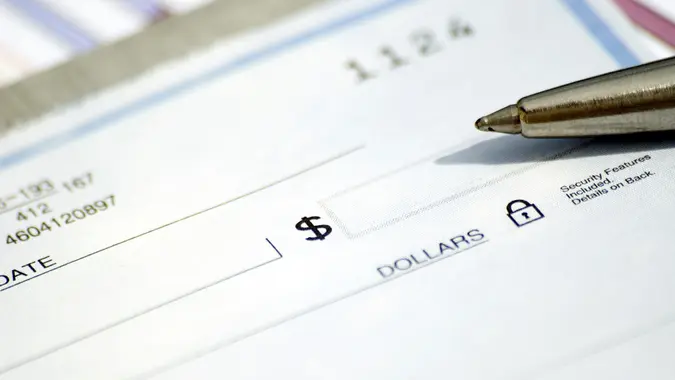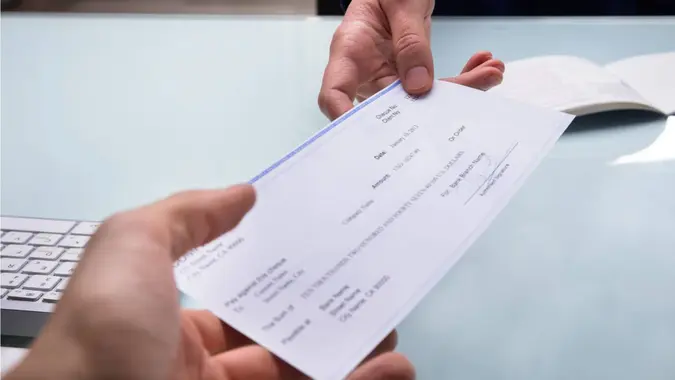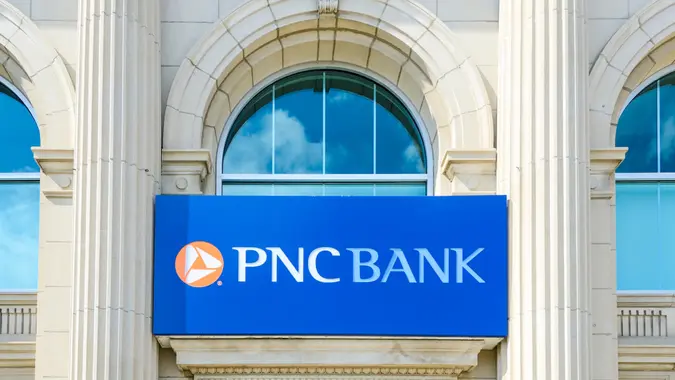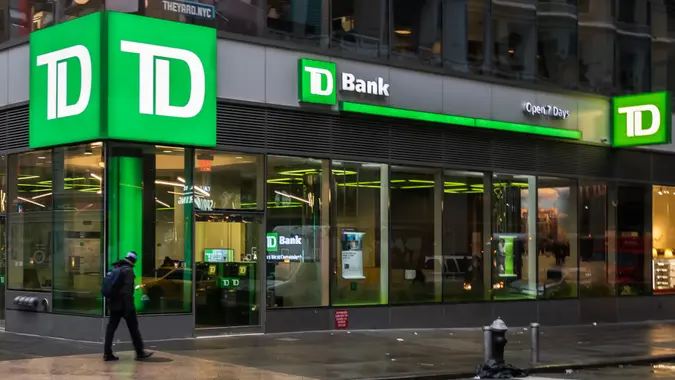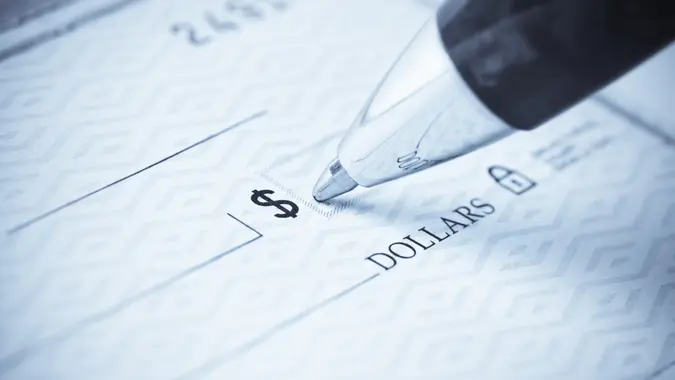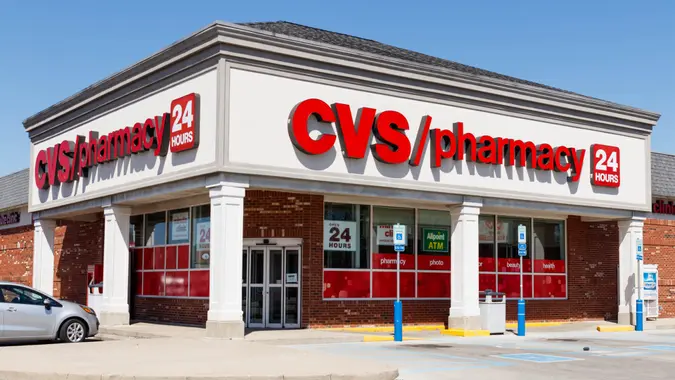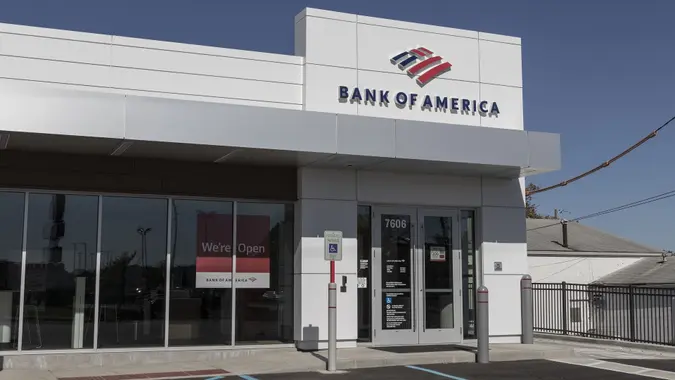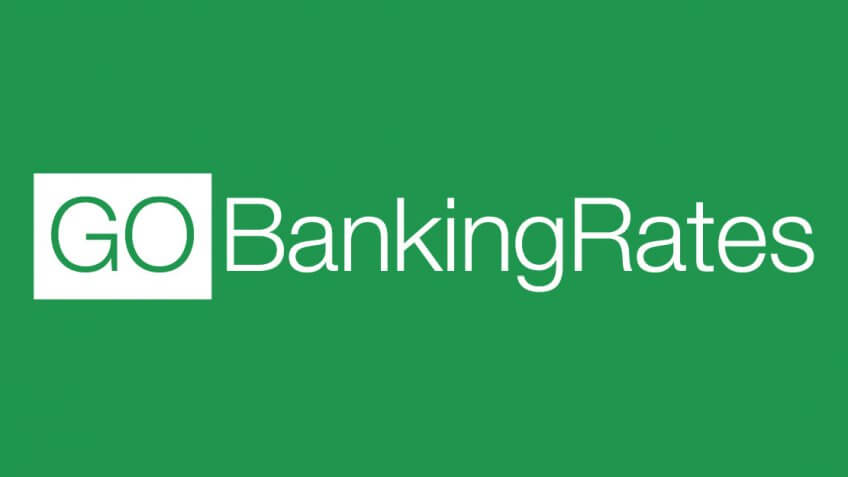Make Sure Your High-Yield Account Offers These Features (You Can Do This Today)

Commitment to Our Readers
GOBankingRates' editorial team is committed to bringing you unbiased reviews and information. We use data-driven methodologies to evaluate financial products and services - our reviews and ratings are not influenced by advertisers. You can read more about our editorial guidelines and our products and services review methodology.

20 Years
Helping You Live Richer

Reviewed
by Experts

Trusted by
Millions of Readers
Your high-yield account should be more than just a place to store your money. It should also be a place to grow it. Different accounts like to boast about all sorts of features, but if your current account doesn’t offer a competitive APY, it’s time to consider making a change — maybe even today.
With Betterment’s Cash Reserve, a high-yield cash account, you can put your money to work for you. New customers get up to variable APY* with a qualifying deposit for three months (with a 4.00% base rate afterward) — that’s 11 times the national average**. Get started in as little as three minutes.
If you’re ready to start earning, consider the following features when considering a high-yield cash account:
1. Zero Fees
Banks are known for charging fees — often hiding them in the fine print. If you’re not careful, these fees can significantly cut into any gains you earn in interest.
Look for an account where you’ll pay absolutely no monthly fees or maintenance fees on your savings. This will leave you with a higher account balance on which to earn interest.
2. Above-Average FDIC Insurance
You put your money in the bank to keep it safe. Therefore, it’s always important to make sure any financial institution you use is FDIC insured, as this protects your cash in the event of a bank failure.
Traditionally, you’ll get up to $250,000 in coverage at each FDIC-insured bank per ownership category. However, a high yield cash account may offer access to more
coverage through partnerships with program banks.
3. Unlimited Withdrawals
It’s not uncommon for banks to set limits on the amount of monthly withdrawals you can make.
Your money belongs to you, so you should have unlimited access to it. You want to make sure your cash is easily accessible and you can make as many withdrawals as you want, without incurring a single penalty.
4. No Minimum Balance
Many banks require you to keep a certain amount of money in your account to avoid fees and earn the most competitive interest rate.
If you’re like many people, your account balance might ebb and flow. You may want to consider a high-yield cash account that keeps your cash earning a competitive interest rate, no matter how much money is in your account.
Make Your Money Work For You
Compound interest is key. The higher your APY, the more money you can earn each month.
If you think the APY attached to your savings isn’t a big deal, this mistake could be costly. Especially considering that the national average APY for a savings account is just 0.45% (per the FDIC as of 7/15/24).
Bottom Line
As you can see, the place where you park your savings is important. If you choose wisely — i.e., one with a competitive APY — you can also grow your savings, while you focus on what’s most important to you.
With Betterment’s Cash Reserve, a high yield cash account, new customers get up to variable APY* with a qualifying deposit for three months (with a 4.00% base rate afterward) — that’s more than 11 times the national average**. Betterment’s Cash Reserve also offers unlimited withdrawals and has no minimum-balance requirement, and you need just $10 to get started.
*Current promotional rate. Annual percentage yield (variable) is 4.00% as of 12/27/24, plus a .50% boost available as a special offer with a qualifying deposit. Terms apply; if the base APY goes up or down you’ll get the .50% boost on the updated rate. Cash Reserve is only available to clients of Betterment LLC, which is not a bank; and cash transfers to program banks are conducted through clients’ brokerage accounts at Betterment securities. **The national average savings account interest rate is reported by the FDIC (as of 12/16/2024) as the average annual percentage yield (APY) for savings accounts with deposits under $100,000.
 Written by
Written by  Edited by
Edited by 



